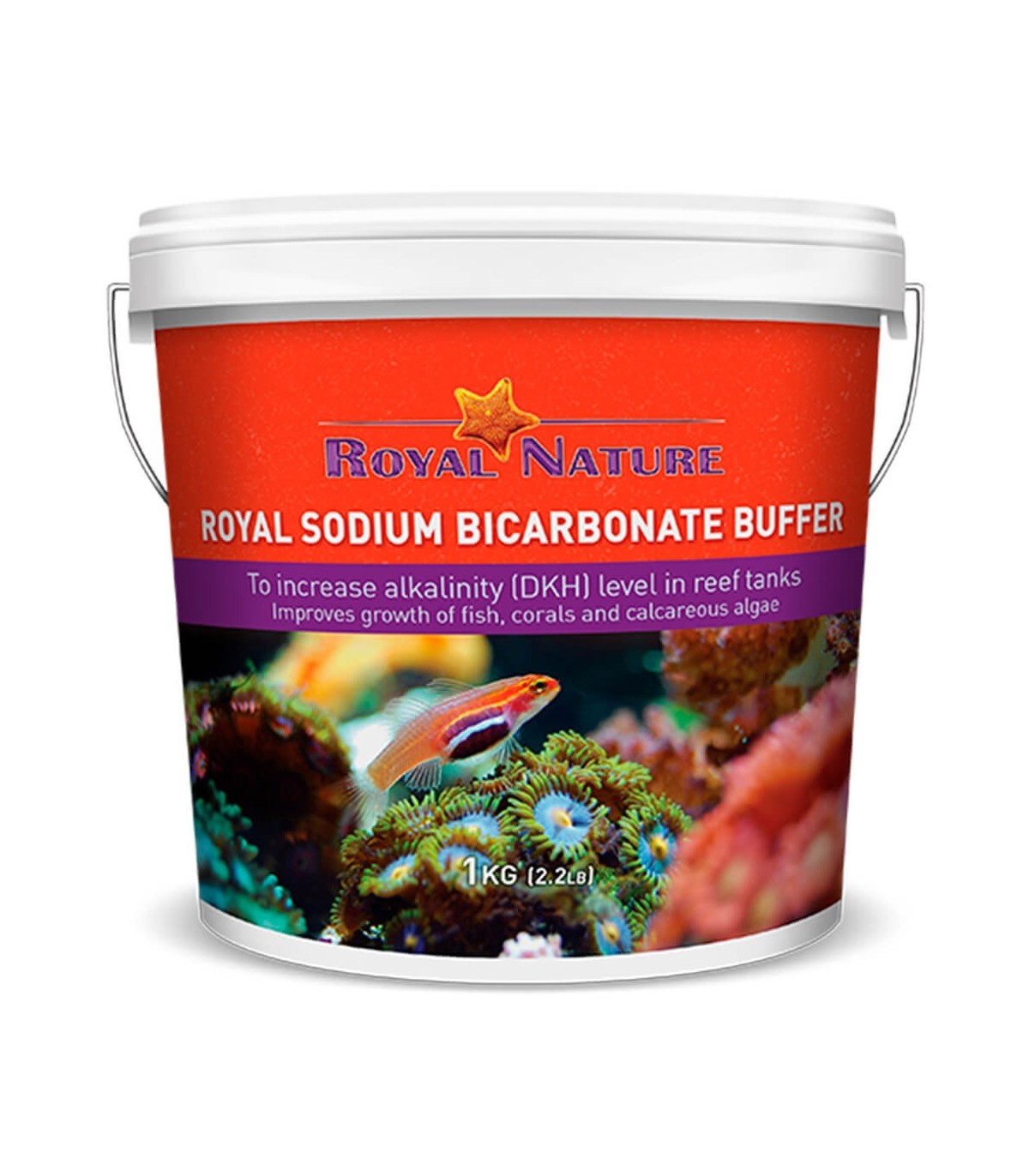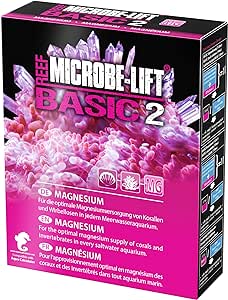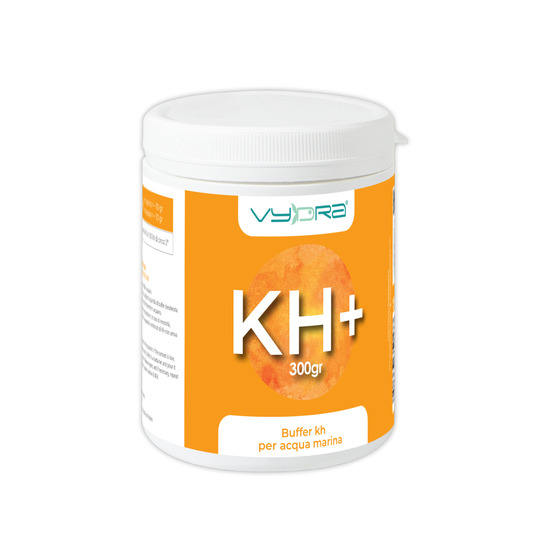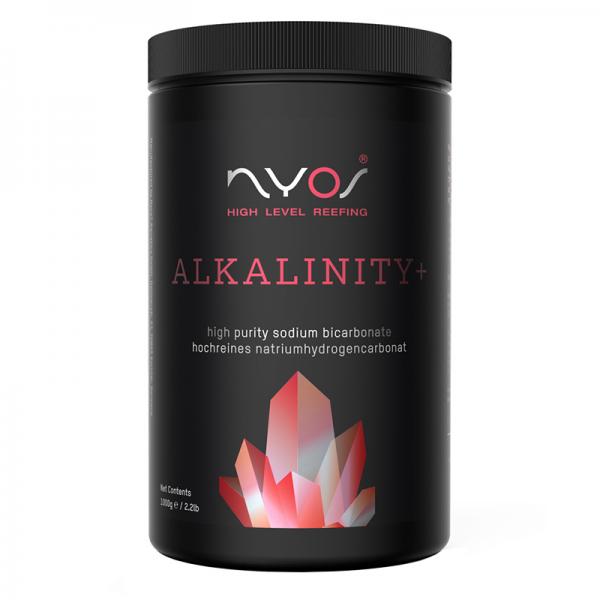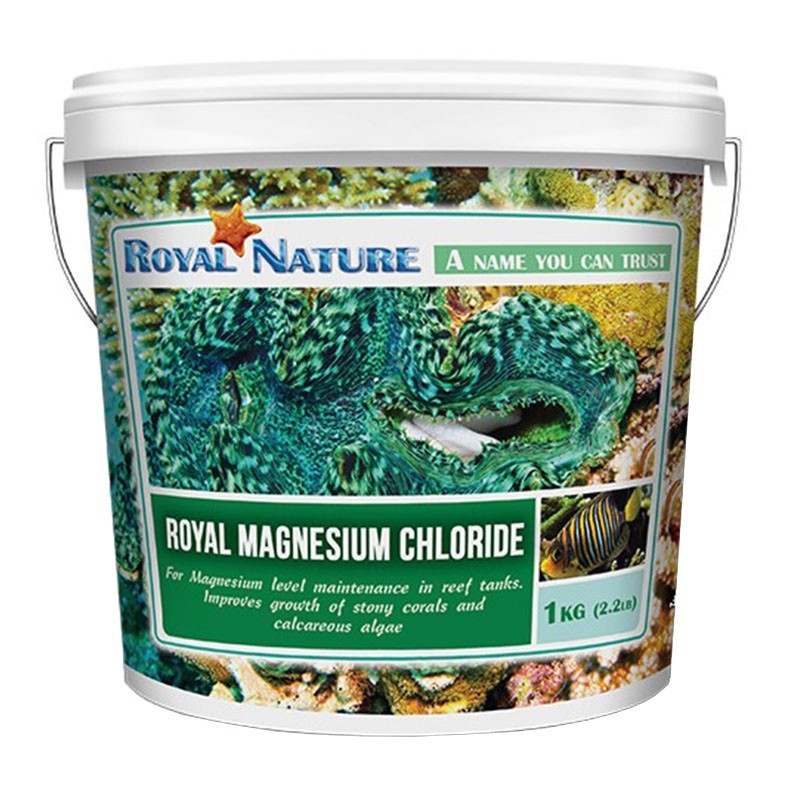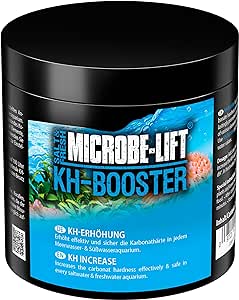SODIUM BICARBONATE BUFFER 4 Kg – Ultra-Pure Sodium Bicarbonate for Advanced Alkalinity Control in Reef Aquariums
Royal Nature’s SODIUM BICARBONATE BUFFER 4 kg is a premium-grade alkalinity buffer based on ultra-pure sodium bicarbonate, formulated for professional-level management of dKH in reef aquariums. Maintaining a stable balance between calcium and alkalinity is critical for coral growth, pH regulation, and overall reef health.
Alkalinity buffers the water against drops in pH and supports calcification processes in SPS and LPS corals. While natural seawater has around 7 dKH, reef aquariums may benefit from levels up to 12–14 dKH. SODIUM BICARBONATE BUFFER provides safe and precise adjustments, promoting healthy coral development and minimizing the risk of calcium precipitation.
Manufactured with the highest purity standards, this buffer integrates seamlessly with Royal Nature’s Advanced and Ion Balanced Pro salts. The 4 kg packaging is ideal for large tanks, aquaculture systems, or demanding reef setups where consistent dosing is key.
Main features:
-
Ultra-pure sodium bicarbonate for marine and reef aquariums
-
Ensures safe and accurate alkalinity (dKH) control
-
Minimizes calcium precipitation and pH fluctuations
-
Supports coral growth and stable reef chemistry
-
Compatible with Royal Nature Advanced and Ion Balanced Pro salts
-
Ideal for SPS, LPS, and mixed reef systems
-
Large 4 kg packaging for long-term or high-volume use
Why choose SODIUM BICARBONATE BUFFER 4 Kg:
With unmatched purity and proven performance, SODIUM BICARBONATE BUFFER 4 kg is the go-to solution for aquarists who demand stability and precision. Whether for home reef tanks or professional coral systems, this buffer supports optimal water chemistry and coral vitality.



 English
English  Italiano
Italiano 
